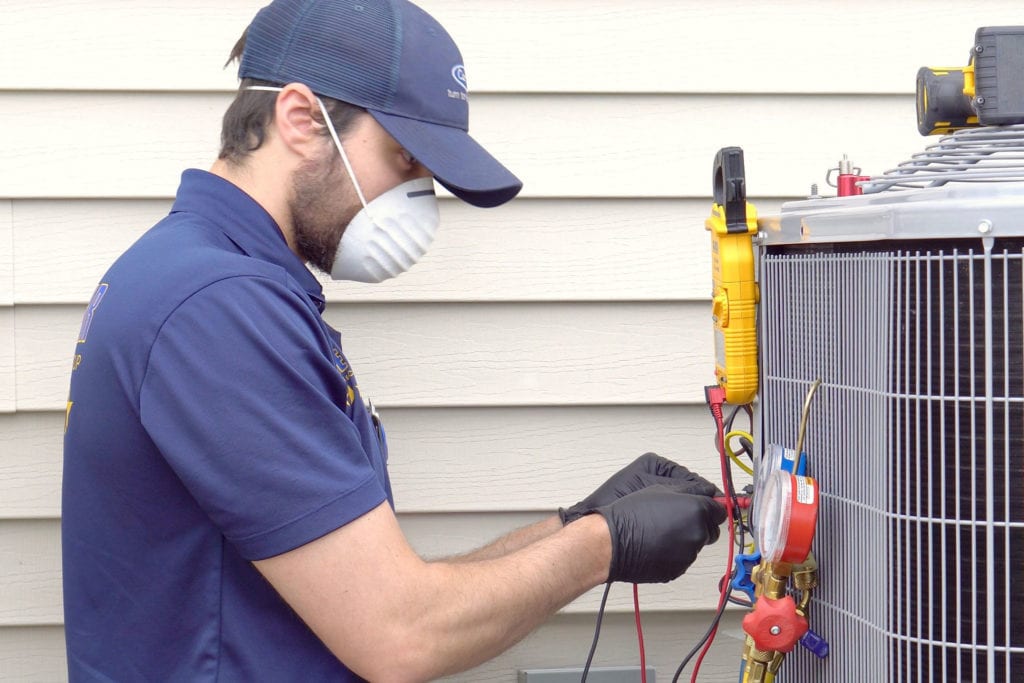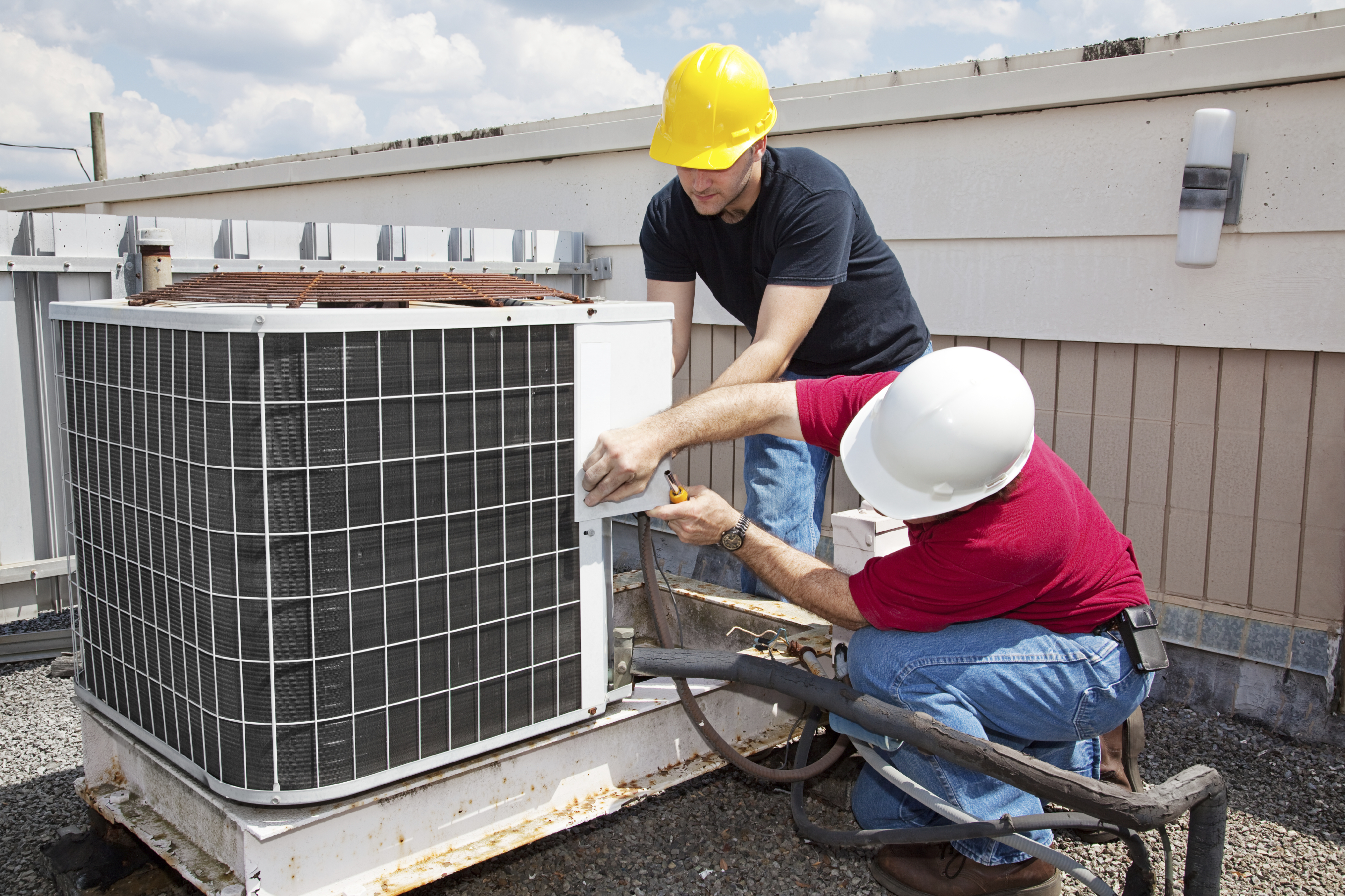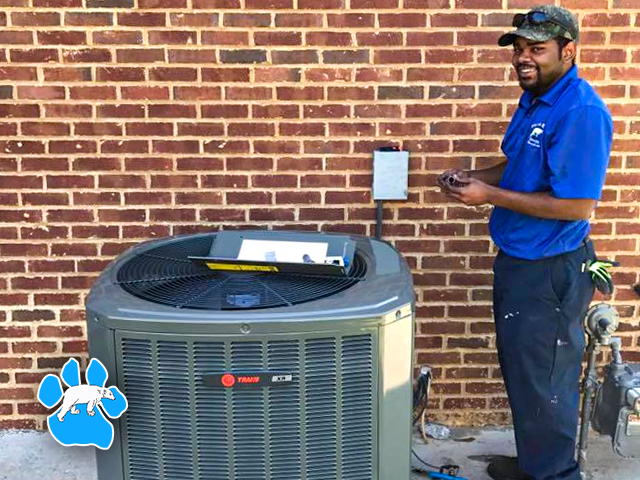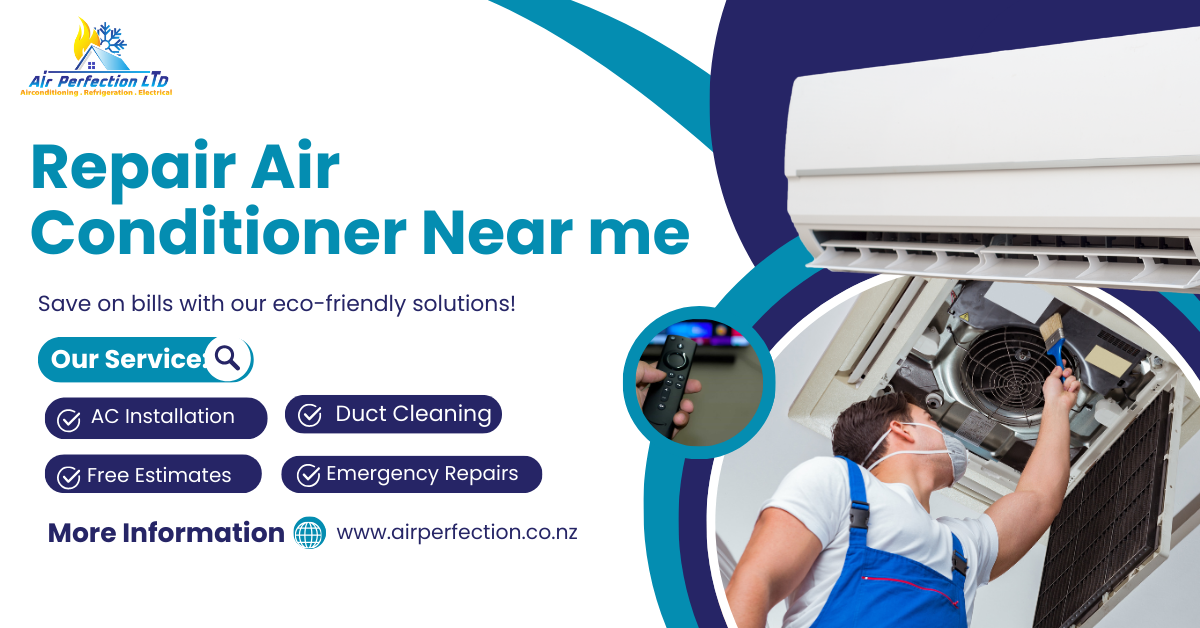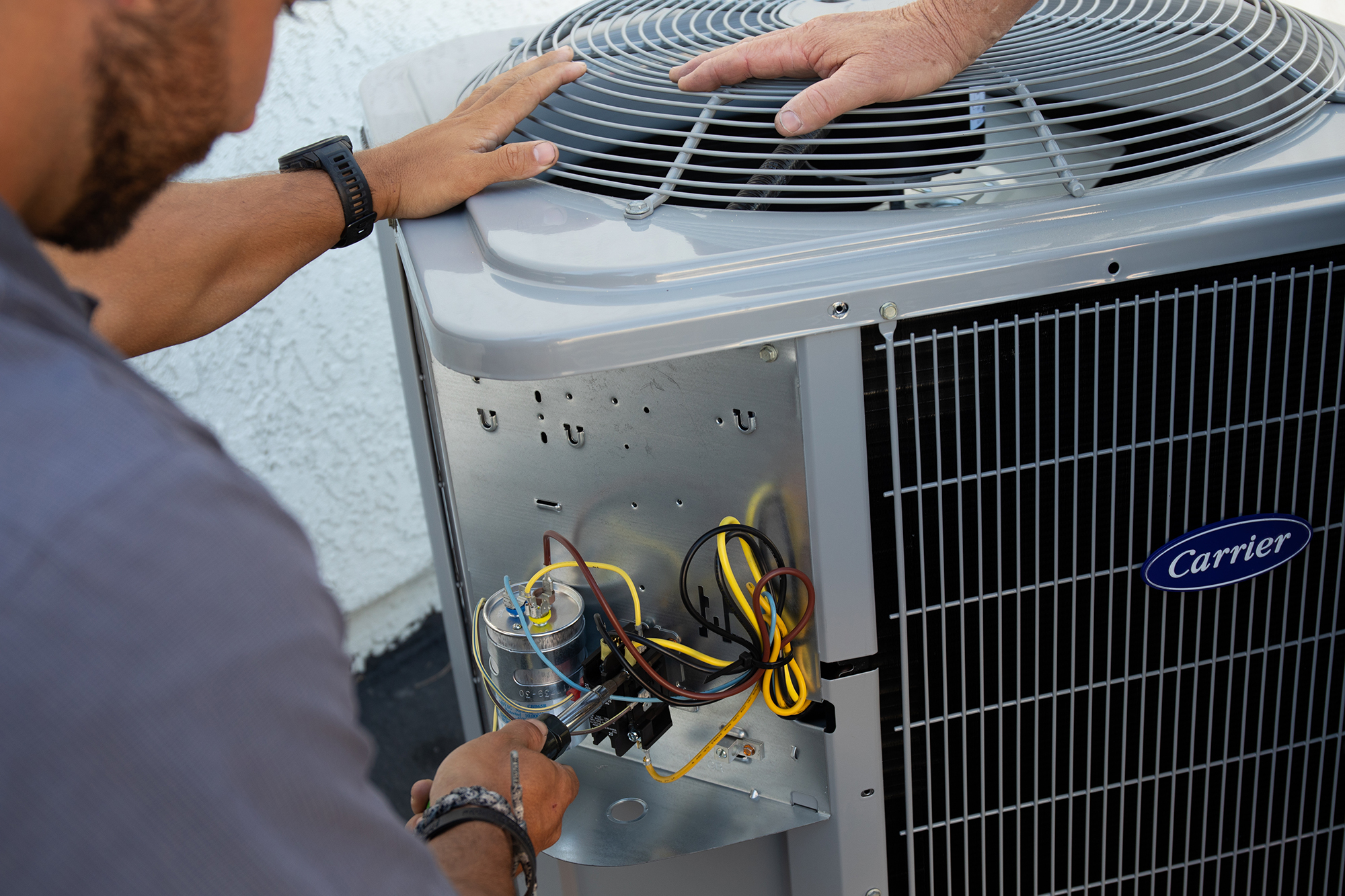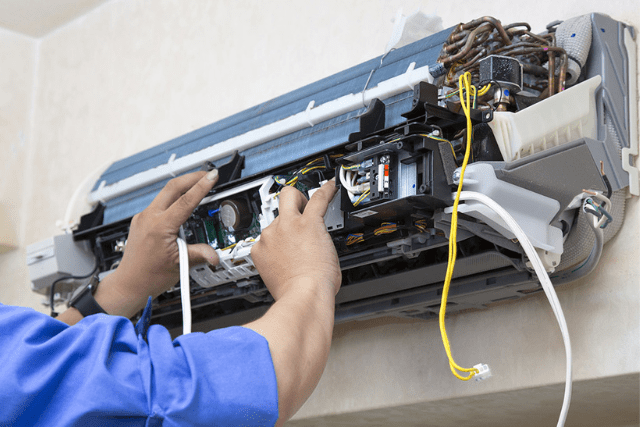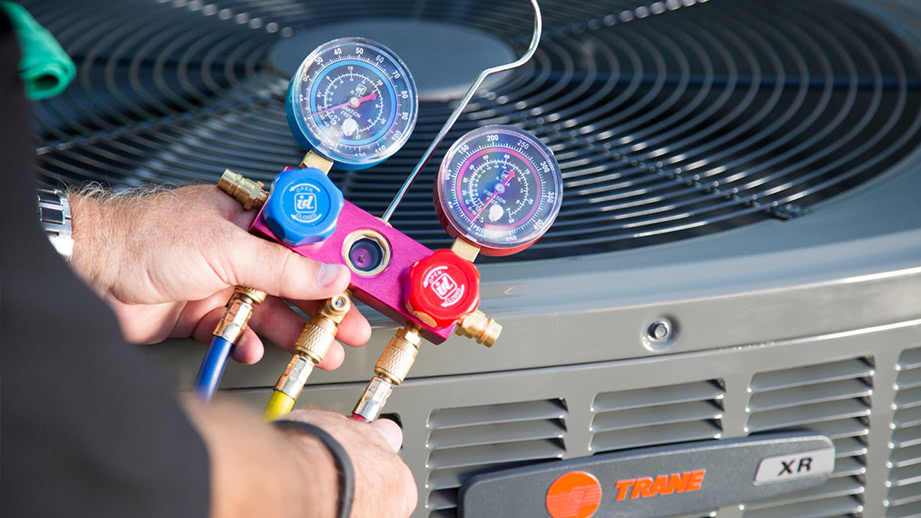Air Conditioning Repair Services Near Me
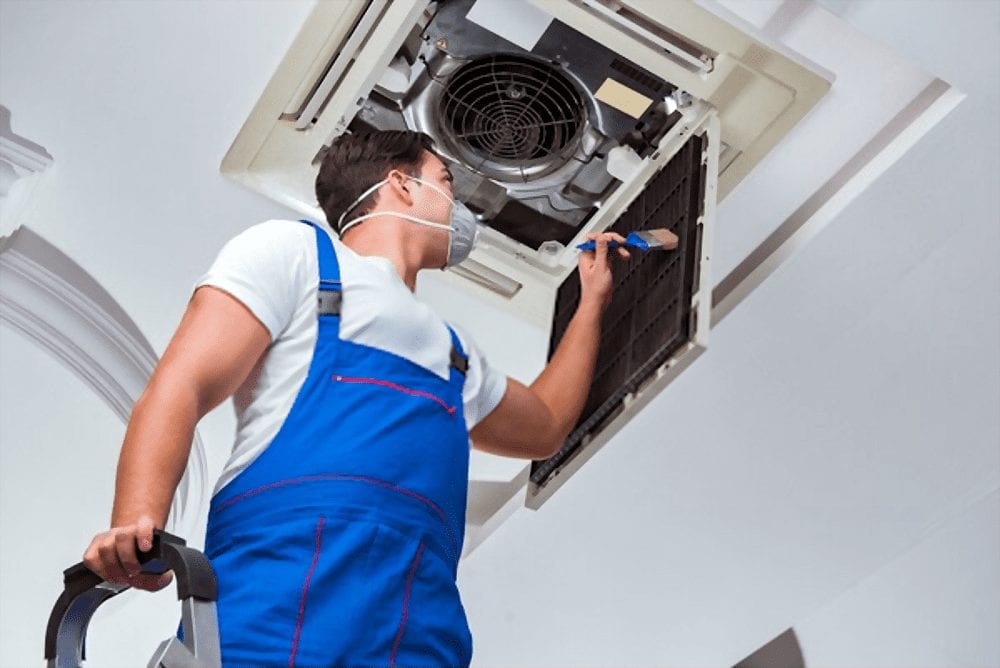
Imagine this: It's the peak of summer, the sun is blazing, and you walk into your house expecting a refreshing blast of cool air. Instead, you're greeted with... nothing. Or worse, lukewarm air. A malfunctioning air conditioner can quickly turn your home into an uncomfortable sauna. Before frantically searching "Air Conditioning Repair Services Near Me," let's walk through some basic troubleshooting steps you can take to potentially diagnose and even fix the issue yourself. This guide will help you determine if it's a simple fix or time to call in the professionals.
Diagnosing the Problem: A Step-by-Step Approach
We'll start with the easiest, no-tool checks and gradually move towards more involved, but still manageable, investigations. Remember, safety is paramount. If at any point you feel uncomfortable or unsure, stop and call a qualified HVAC technician.
Step 1: The Obvious Checks (No Tools Required)
These might seem simple, but often the most common problems have the easiest solutions.
*Check the Thermostat:*
Is it set to COOL mode? Is the temperature set low enough that the AC should be running? Sometimes, the thermostat gets accidentally bumped or changed. Make sure it's properly set to a temperature you want your home to be. Try lowering the temperature a few degrees below the current room temperature to force the AC to kick on.
*Check the Batteries:*
If you have a digital thermostat, make sure the batteries are fresh. Low batteries can cause erratic behavior or prevent the thermostat from communicating with the AC unit. Replace them with new ones and see if that solves the problem.
*Inspect the Air Filter:*
This is one of the most common culprits for AC problems. A dirty air filter restricts airflow, making the AC work harder and less efficiently. A severely clogged filter can even cause the unit to overheat and shut down. Remove the filter and hold it up to the light. If you can barely see through it, it's time for a replacement. Replace it with a clean filter of the correct size. This simple action can drastically improve your AC's performance.
*Check the Circuit Breaker:*
Locate your electrical panel and check the circuit breaker for the AC unit. It's usually labeled. If the breaker is tripped (in the OFF or middle position), flip it fully to the OFF position and then back to the ON position. If it trips again immediately, do not keep resetting it. This indicates a more serious electrical problem that requires a professional.
*Inspect the Outdoor Unit (Condenser):*
Visually inspect the outdoor unit for any obvious obstructions. Are there leaves, branches, or debris blocking the airflow around the unit? Clear away any obstructions to ensure proper ventilation. Make sure shrubs and plants are trimmed back at least 2-3 feet from the unit. Also, look for signs of damage, such as bent fins or disconnected wires. If you see any damaged wiring, do not touch it and call a professional.
Step 2: More Detailed Checks (Basic Tools May Be Needed)
If the simple checks didn't solve the problem, we can move on to a few more in-depth investigations. You might need a screwdriver and a multimeter for these steps. Always turn off the power to the AC unit at the breaker before performing any electrical work.
*Check the Condenser Fan Motor:*
With the power OFF at the breaker, carefully inspect the condenser fan. Is it free of debris? Try to spin the fan blades by hand. They should spin freely. If they are stiff or make a grinding noise, the fan motor may be failing. Replacing a fan motor is a task best left to a professional unless you have experience with electrical repairs.
*Inspect the Contactor:*
The contactor is an electrical switch that controls power to the compressor. It's usually located inside the outdoor unit near the compressor. With the power OFF, carefully inspect the contactor for signs of damage, such as burnt or cracked contacts. You can use a multimeter to test the contactor for continuity, but this requires some electrical knowledge. If you are not comfortable working with electrical components, do not attempt this step.
*Check the Capacitor:*
The capacitor provides a burst of energy to start the compressor and fan motor. A failing capacitor is a common cause of AC problems. With the power OFF and using extreme caution, visually inspect the capacitor for signs of bulging, leaking, or swelling. Capacitors can store a dangerous electrical charge even after the power is turned off. It is highly recommended that this component is checked by a trained HVAC technician.
Step 3: Refrigerant Issues (Professional Diagnosis Required)
If you suspect a refrigerant leak, do not attempt to fix it yourself. Refrigerant is a regulated substance, and handling it requires specialized equipment and training. Refrigerant leaks can also be harmful to the environment.
Signs of a potential refrigerant leak include:
- Ice forming on the refrigerant lines or the evaporator coil (indoor unit).
- Weak airflow from the vents.
- The AC unit running constantly but not cooling effectively.
- A hissing or bubbling sound coming from the AC unit.
If you observe any of these signs, contact a qualified HVAC technician immediately.
Simple DIY Actions You Can Take
Based on your diagnosis, here are a few simple DIY actions you can take:
- Replace a dirty air filter.
- Clear debris from around the outdoor unit.
- Reset a tripped circuit breaker (but only once).
- Ensure the thermostat is properly set.
- Replace thermostat batteries.
When to Call a Professional: Recognizing the Limits of DIY
While some AC problems can be easily resolved with DIY solutions, there are many situations where it's best to call a professional HVAC technician. Here's a guide to help you determine when to seek professional help:
*Electrical Issues:* Any electrical problems beyond resetting a tripped circuit breaker should be handled by a qualified electrician or HVAC technician. This includes problems with wiring, contactors, capacitors, or motors.
*Refrigerant Leaks:* As mentioned earlier, refrigerant leaks require specialized equipment and training to repair safely and legally.
*Compressor Problems:* The compressor is the heart of the AC system. If you suspect a compressor problem (e.g., unusual noises, failure to start), it's time to call a professional. Compressor repairs are complex and often require specialized tools and knowledge.
*Complex System Issues:* If you've tried the basic troubleshooting steps and the AC is still not working properly, there may be a more complex problem with the system that requires professional diagnosis and repair.
*Lack of Experience:* If you're not comfortable working with electrical components or don't have the necessary tools and knowledge, it's always best to err on the side of caution and call a professional.
Remember: Working with electricity and refrigerant can be dangerous. If you are not qualified to do the repair, it's always best to call a professional.
Finding "Air Conditioning Repair Services Near Me": What to Look For
If you've determined that you need professional help, here's what to look for when searching for "Air Conditioning Repair Services Near Me":
*Licensing and Insurance:* Make sure the company is properly licensed and insured. This protects you in case of accidents or damage during the repair process.
*Experience and Expertise:* Look for a company with a proven track record of providing quality AC repair services. Check online reviews and ask for references.
*Certifications:* Certifications such as NATE (North American Technician Excellence) demonstrate that the technicians have received specialized training and have passed rigorous exams.
*Upfront Pricing:* Ask for a detailed estimate before the work begins. A reputable company will be transparent about their pricing and will explain all the costs involved.
*Warranty:* Inquire about the warranty on the repairs. A good company will stand behind their work and offer a warranty on parts and labor.
*24/7 Availability:* If you have an emergency situation, such as a complete AC failure during a heatwave, look for a company that offers 24/7 emergency service.
*Customer Service:* Pay attention to the company's customer service. Are they responsive to your inquiries? Are they polite and professional? Good customer service is a sign of a reputable company.
By following these steps, you can troubleshoot your AC problem, perform simple DIY repairs, and identify when it's time to call a professional. Remember, safety is always the top priority. If you're unsure about anything, don't hesitate to seek professional help. A well-maintained AC system will keep your home cool and comfortable for years to come. Don't suffer through the heat! Take action and get your AC back in top shape.

